I have a number of restaurants who all deliver to certain postcode areas in London, for example:
EC1WC1WC2W1
When someone searches for a restaurant that delivers to their home, they enter their full postcode.
Some people enter the postcode correctly with the space, some of them just enter all letters and numbers attached, without a space separator. To harmonize things, I remove any space in the postcode before attempting a match.
So far, I used to match the postcode to the prefixes by just checking if it starts with the prefix in question, but then I realized that this is not foolproof:
WC1E123=> correct match forWC1W1ABC=> correct match forW1W10ABC=> incorrect match forW1, should only match theW10prefix
How can I know, given a full postcode with no space, if it matches a given prefix, while not failing the W1 / W10 test above?
Is there any solution at all to the problem, that would not involve forcing the customer to enter the postcode with the space at the correct position?
